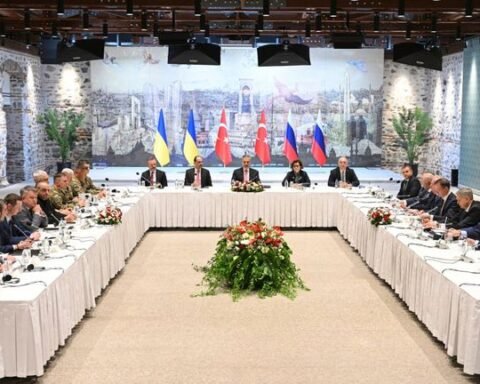Sudan’s Prime Minister, Kamil Idris, has issued a strong appeal to Colombia, calling for an immediate end to the recruitment and deployment of mercenaries to his conflict-stricken country.
The request comes as Sudan continues to endure a devastating civil war between the national army and the Rapid Support Forces (RSF), a paramilitary group accused of widespread abuses.
In a letter published by the state news agency and later confirmed by Colombian President Gustavo Petro, Idris urged Colombia to show solidarity with Sudan during one of the darkest chapters in its modern history. He stressed that halting the flow of foreign fighters was essential to ending the siege of El Fasher, the capital of North Darfur, which has been under relentless pressure from RSF forces.
“In the spirit of solidarity and commitment to peace, this call comes as a plea to stop the recruitment and deployment of mercenaries to our lands,” Idris wrote.
The Sudanese government has accused external actors of deepening the conflict, pointing in particular to allegations that the United Arab Emirates has financed the recruitment of mercenaries, many of them former Colombian soldiers. Investigations by international media outlets have revealed that hundreds of these fighters were lured into contracts under the guise of security jobs, only to be sent to fight in Darfur.
Also Read; Trump-Putin Summit Seeks Ukraine Conflict Resolution
The situation has escalated sharply in recent weeks. On August 6, the Sudanese military announced that it had carried out an airstrike on Nyala Airport in South Darfur, claiming the attack killed more than 40 foreign fighters and destroyed an aircraft allegedly carrying weapons for the RSF. While Sudan framed the strike as a necessary deterrent, the UAE rejected the accusations, calling them baseless. Colombia, meanwhile, confirmed it is investigating reports of its nationals being killed in the clashes.
International concern is growing. The United Nations Security Council has condemned the RSF’s attempts to establish parallel governance structures in Sudan and called for unhindered humanitarian access to civilians. According to humanitarian agencies, more than 40,000 people have been killed since fighting broke out in 2023, and nearly 12 million have been displaced, creating one of the world’s largest humanitarian crises.
Diplomatic observers warn that the involvement of foreign mercenaries risks prolonging the war and increasing civilian suffering. Idris’s appeal to Colombia highlights Sudan’s effort to isolate outside interference and focus on resolving the conflict through political dialogue and international cooperation.







